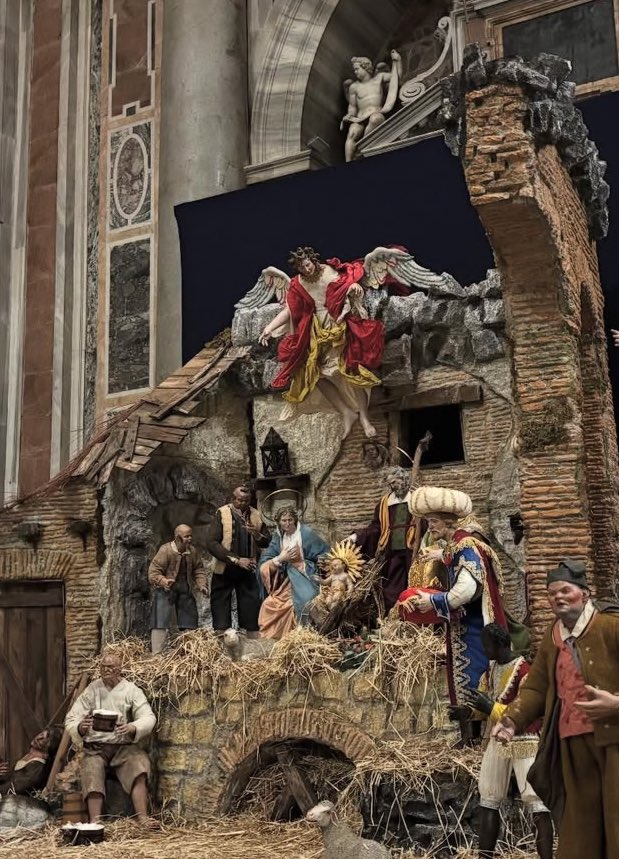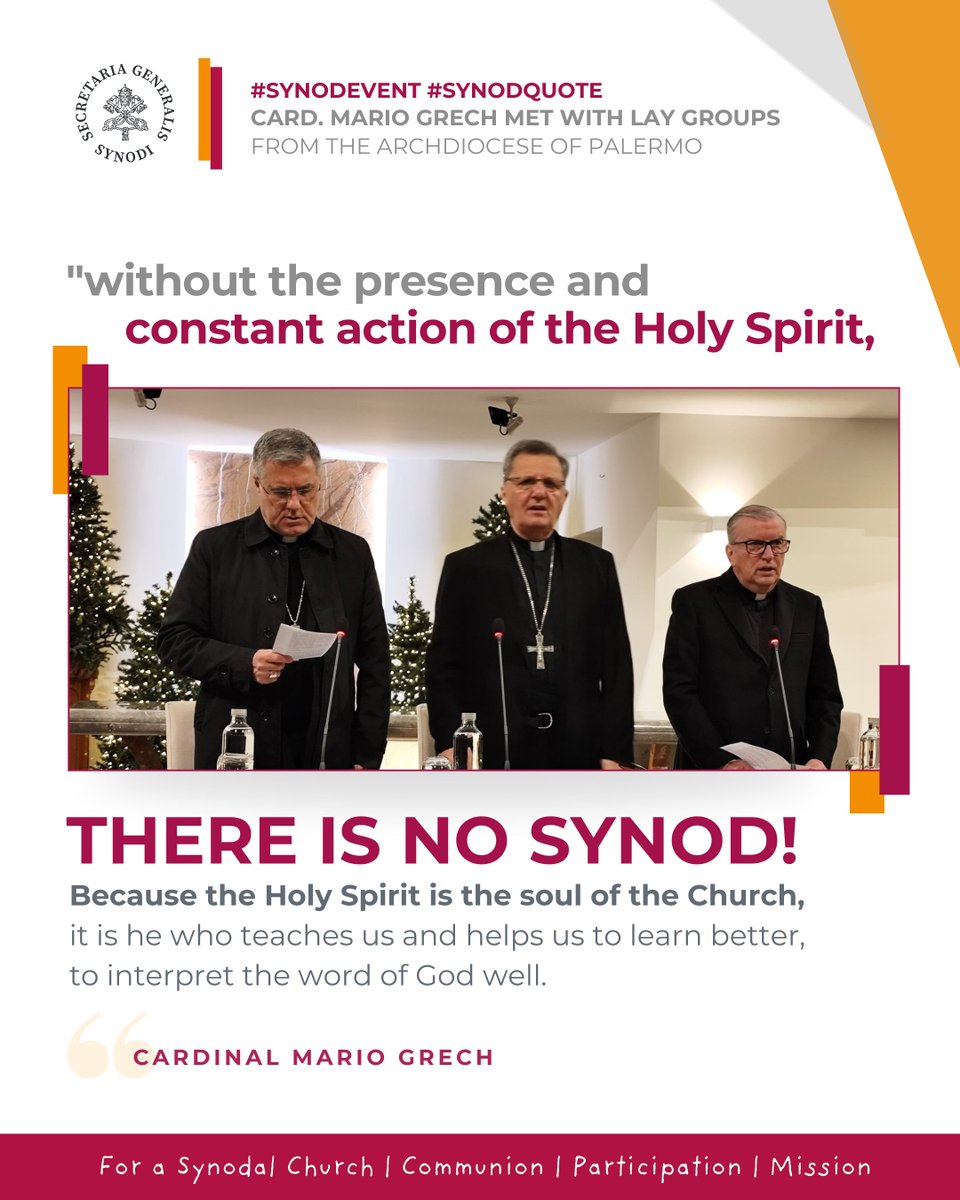TRADCAST 033 (15 AUG 2022)
Contents
- Segment 1 — Response to Michael Voris and the Church Militant Live program “Is Bergoglio really the Pope?”, aired on Feb. 18, 2022: Church Militant and “Public Criticism of the Pope” – refreshing Voris’ memory with concrete examples; whether Francis lost the Papacy on account of heresy; the question of scandal and leading souls out of the Church.
- Segment 2 — One Peter Five on Freemasonry and the Papacy; The Remnant‘s contradictory positions on the Vatican II Church; why you can’t go wrong being a Sedevacantist.
- Total run time: 1 hr 12 min
You can listen to the show by clicking the big play button in the embedded player above.… READ MORE

















